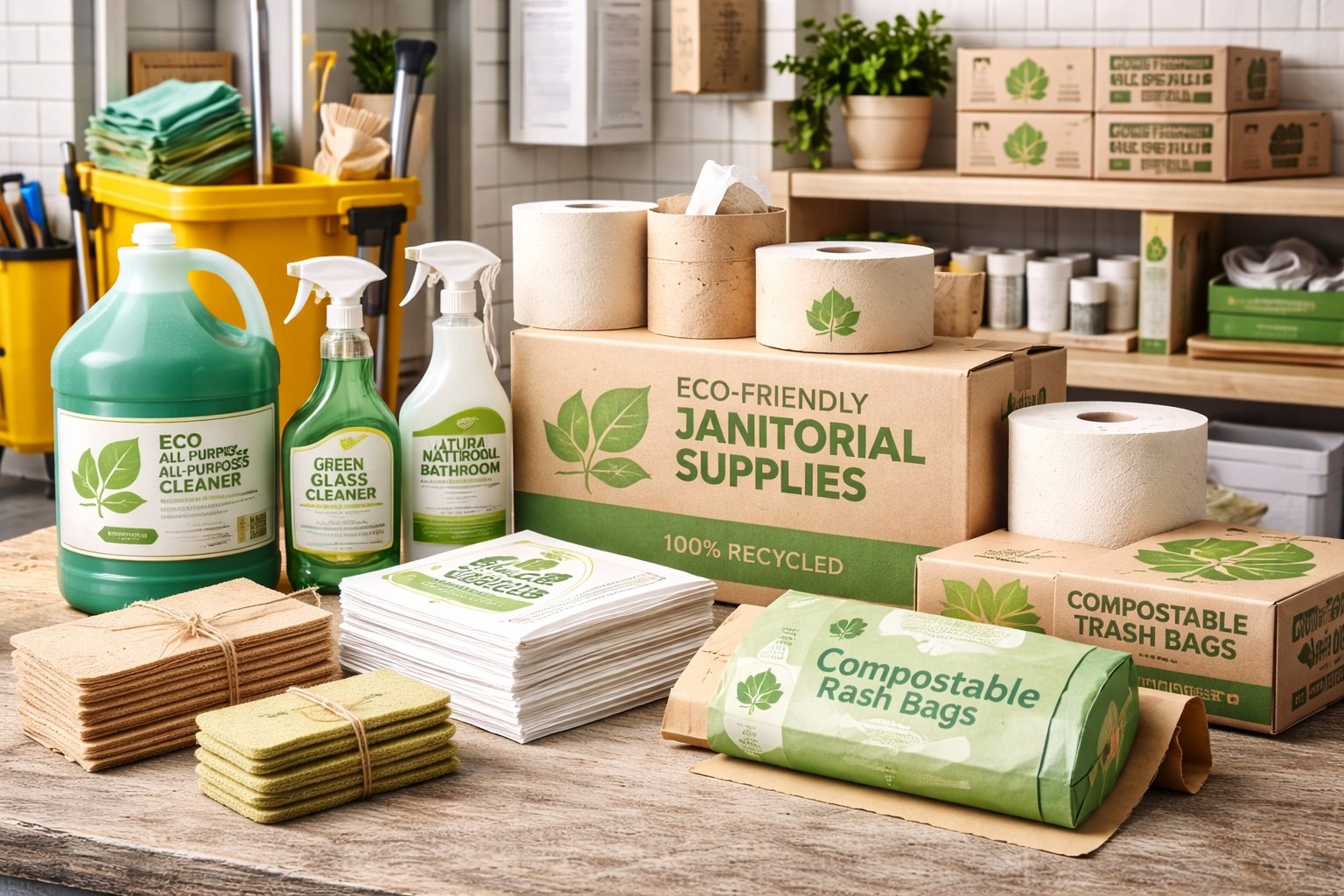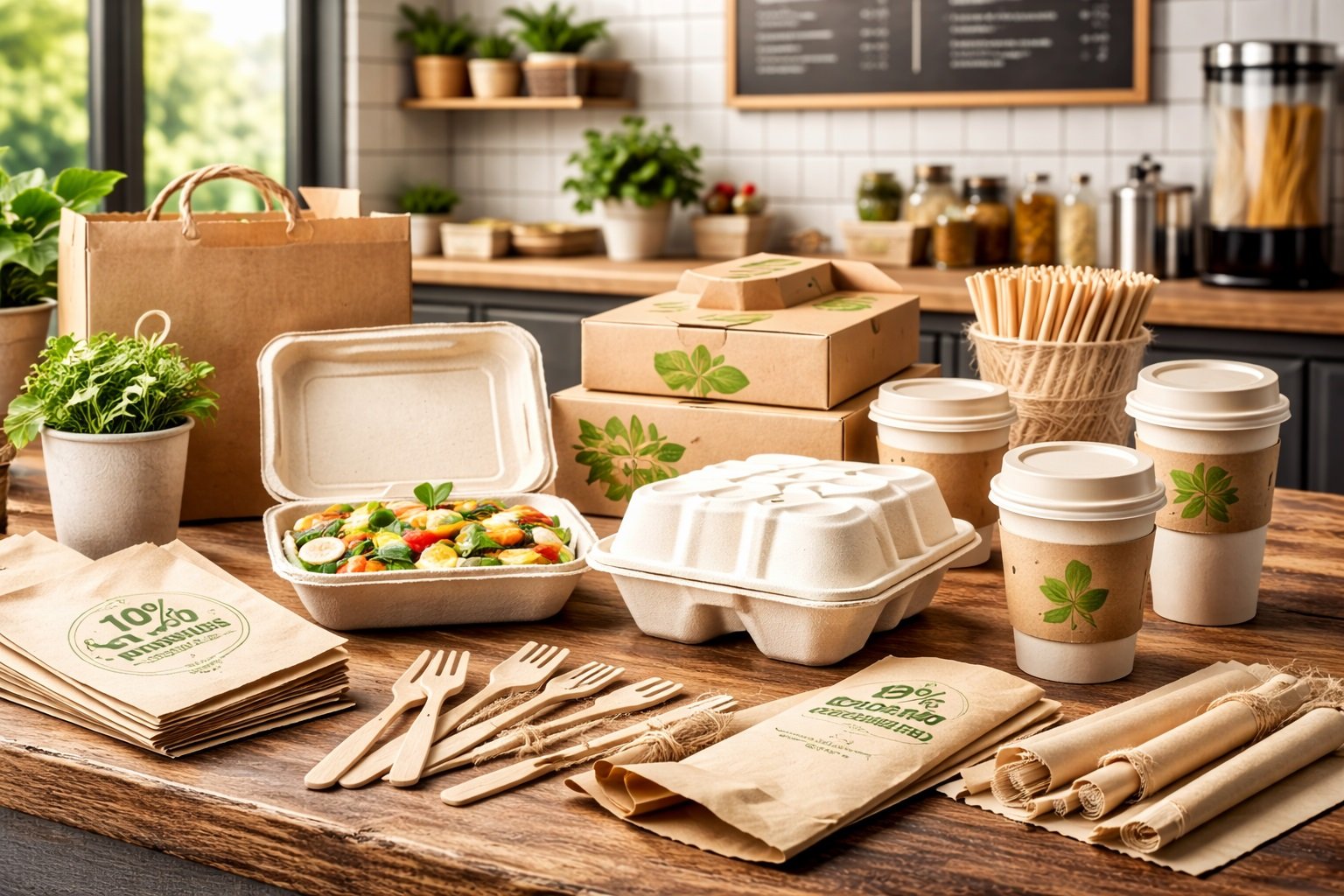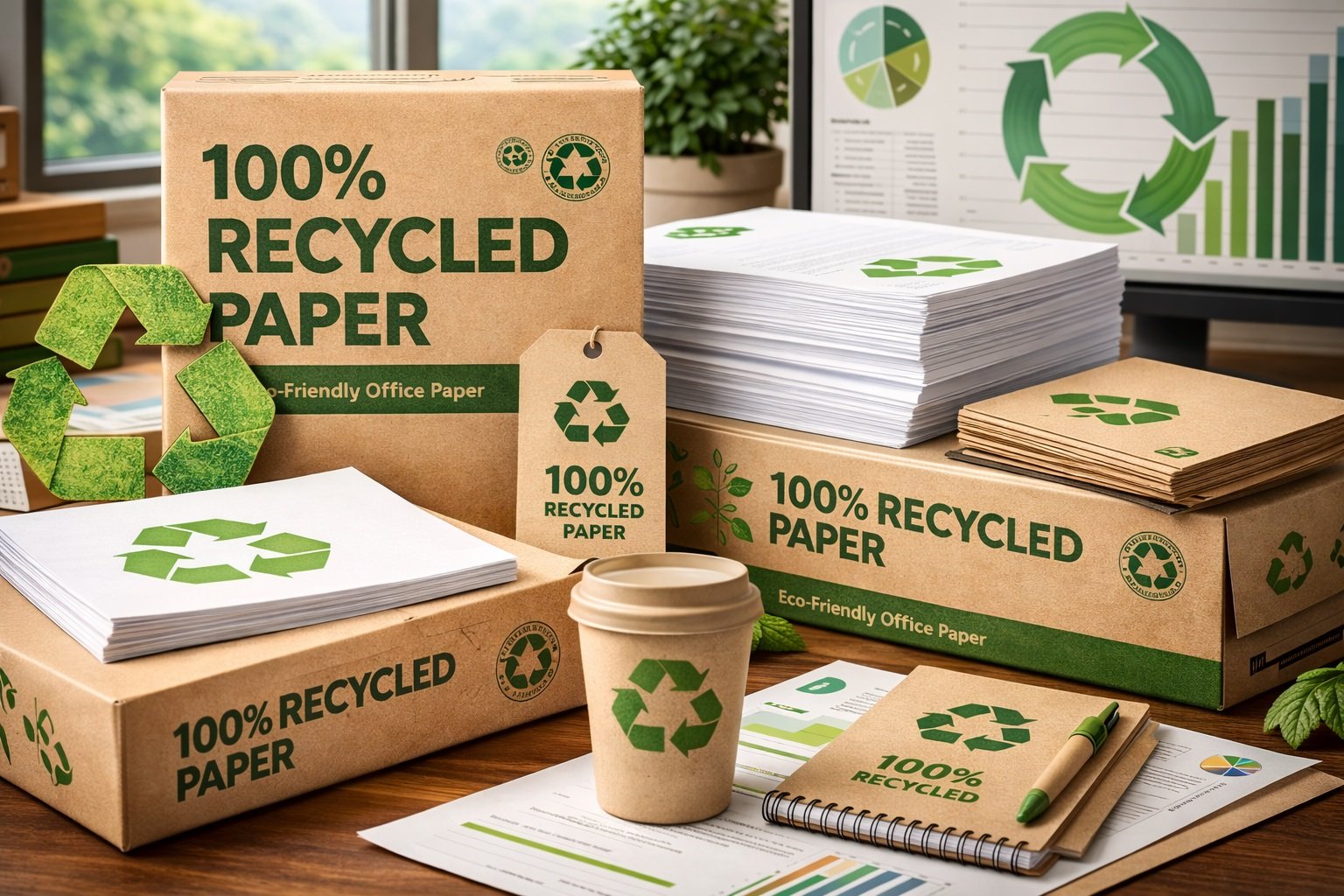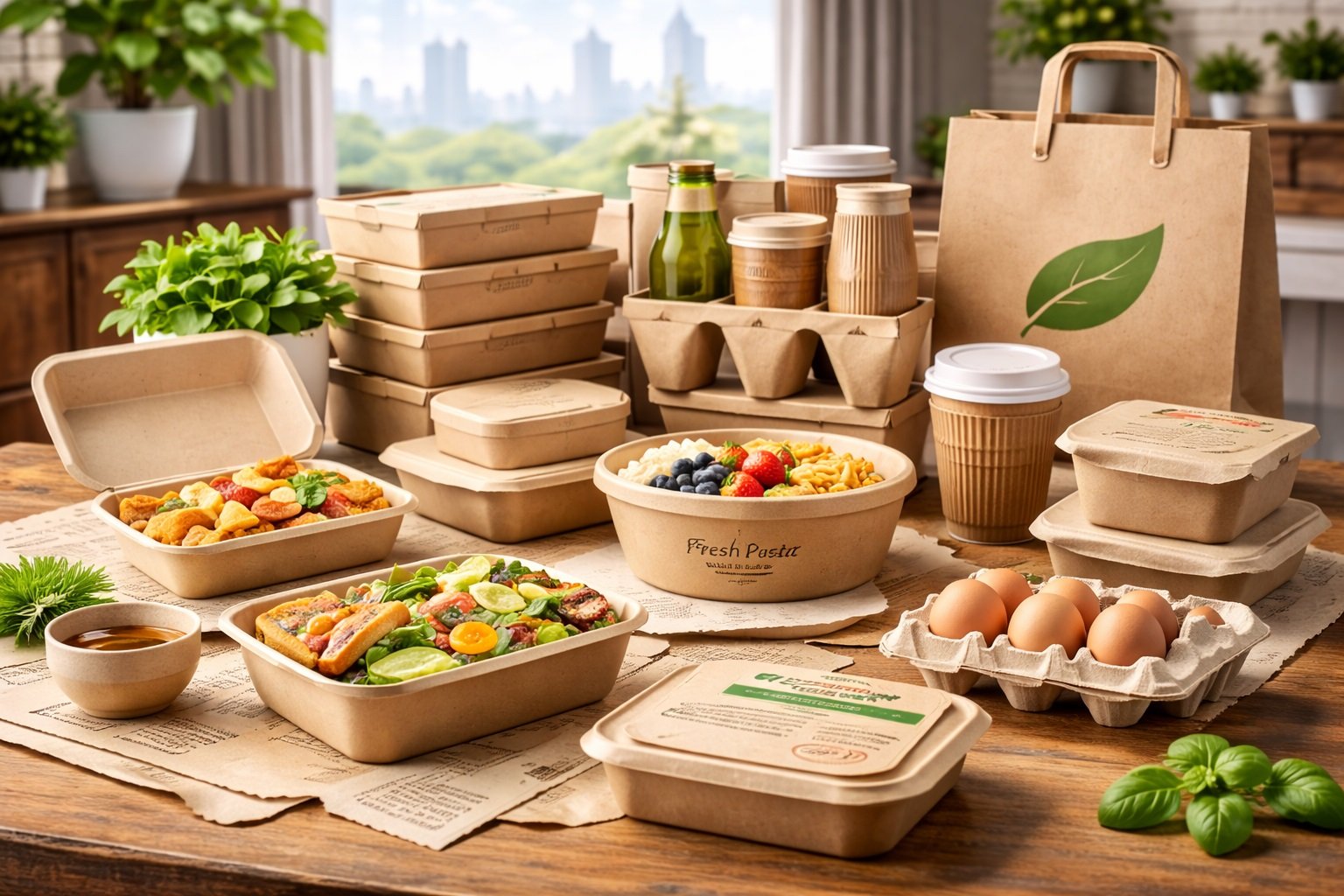What are effective strategies for managing kitchen and janitorial operations in hotels?
Efficiently managing kitchen and janitorial operations is essential for maintaining high standards of cleanliness, hygiene, and customer satisfaction in hotels. These operations significantly impact guest experiences, health, and safety, as well as the hotel’s reputation. Establishing hotel housekeeping best practices and nurturing a culture of excellence are critical to success. This blog focuses on key ways to optimize hotel kitchens and maintenance services.
Establish Standard Operating Procedures (SOP)
Standard Operating Procedures (SOP) are the standard basis for hotel kitchen management and maintenance operations. They provide step-by-step work instructions and ensure that all employees follow the same procedures. For kitchen operations, standard operating procedures may include guidelines for food handling, storage, preparation and waste management. Likewise, cleaning SOPs include cleaning methods, chemical usage, and safety procedures. Written SOPs make training easier, increase control, and reduce errors in daily operations.
Increase employee training and development
Regular training will familiarize employees with hotel cleaning and kitchen procedures. Training should include important topics such as hygiene and cleanliness, proper use of cleaning equipment and chemicals, kitchen equipment maintenance procedures, and emergency procedures such as firefighting and waste management. Investing in ongoing training not only improves performance but also creates a professional and engaged workforce.
Implement Advanced Cleaning Technologies
New equipment and technology help to make cleaning and cooking easier. This saves a lot of time and energy. Automation cleaning machines, such as vacuum cleaning robots and dish washers increase efficiency. Additionally, the bio-based detergents and disinfectants for cleaning purposes contribute to sustainability. IoT-enabled monitoring systems through sensors monitor the levels of cleanliness and cleaning equipment for efficient performance and high standards of cleanliness.
Hygiene and food safety are highly vital
Hygiene and food safety laws cannot be observed in a kitchen. Measures include using thermometers, preventing contamination and illness with raw and cooked foods isolated from each other, and maintaining inspections. When cleaning, most importantly, the touch surfaces and areas commonly used avoid spreading germs. Use of proper procedures keeps such facilities compliant and ensures safety around the guests.
Schedule maintenance and inspection
Preventive maintenance ensures that there is less damage and the work is carried out efficiently. In the kitchen, it should take care of the oven, refrigerator, and exhaust system. When it comes to cleaning equipment, checking equipment such as cleaning machines and mops ensures they are working and operating to the maximum extent. Pipes and electricity also have to be monitored to prevent interruptions. This extends the life of the equipment but also adheres to the standards of safety.
Promote a culture of cleanliness
Hygiene becomes the priority if a culture of cleanliness is instilled among staff. Personal hygiene practices such as handwashing are encouraged and immediate reporting and cleaning of spills or hazards make all the difference. Pride in keeping workspaces clean and organized is what staff will bring to the workplace and what will make guests satisfied. Cleanliness is an essential factor in the overall guest experience. When the hotel staff actually care about maintaining a clean environment, it makes all the difference for guests during their stay. A spotless room or a tidy lobby not only enhances comfort but also boosts the likelihood of positive reviews and repeat visits. Guests are more likely to return to a hotel and recommend it to others when they feel confident that hygiene standards are a top priority. This commitment to cleanliness can set a hotel apart in a crowded market, making it a place where guests can relax and enjoy their time without worry.
Stay updated on the trends and regulations of the industry.
Hospitality industries keep changing, with new technology and regulations coming into place from time to time. This means that there is always the need to stay informed regarding innovations in efficient hotel kitchen operations and janitorial practices, updates on health and safety guidelines, and sustainability initiatives. One may attend industry conferences regularly or subscribe to relevant publications.
If the kitchen and janitorial operations are well managed in a hotel, there is no doubt, with proper maintenance, a hotel can perform at high levels. Whether it is in optimizing hotel cleaning practices or ensuring efficient hotel kitchen operations, focusing on these best practices ensures that your hotel remains a preferred choice for guests seeking comfort, safety, and quality service. If you are looking to learn about the best practices for managing kitchen and janitorial operations in hotels, choose American Eagle as they provide comprehensive solutions for hotel excellence by elevating your hotel’s efficiency and cleanliness.






